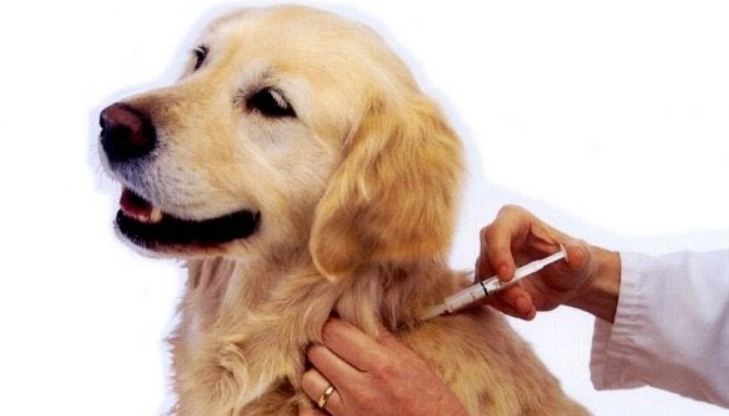
Vaccines are necessary for pets and scheduled regularly. Pets like dogs can be protected from some lethal and dangerous diseases through dog vaccinations. Rabies vaccination is mandatory to keep your dog protected but many other vaccines can also be utilized to keep your dog safe from preventable diseases. Regular dog vaccinations Armadale of your dog will keep your dog safe and healthy.
1. Vaccines
Vaccines are protective health products that usually stimulate an immune response against specific disease agents and secure pets from future infections. The vaccine can also reduce disease severity and sometimes minimize or prevent future infection. Nowadays, a variety of vaccines is available for pets.
2. Importance of Vaccination
Pets are vaccinated to protect them from contagious and fatal diseases. Wide-scale use of vaccines in the twenty centuries has saved millions of pet animals from death through diseases. Due to vaccines, common diseases are not common in pet animals. Still use of vaccination is recommended as the germs for disease exist in the environment due to unprotected wild animals.
3. Vaccination ensure Protection
Vaccination is preventive health care that prevents future diseases in animals. It is very rare that a vaccinated pet becomes ill. Sometimes the immunity of a vaccinated pet is compromised but this happens in very few cases. A vaccinated dog usually enjoys good health.
4. Risks in Vaccination
Vaccination also carries some risks like all other medical procedures, but most pets respond well after vaccination. Some common risks associated with vaccination include loss of appetite, sluggishness, and mild fever. Pests can also feel pain and have swallowed at the vaccination site. Pet will overcome the mild responses within two days. If the pet is suffering from severe responses then you should consult a veterinary doctor for pet care.
Adverse responses of vaccination are very rare in pets but if your pet is suffering from any unusual response then you should immediately go for a veterinary doctor. The adverse response may include vomiting, diarrhea, itching, and on body parts. These signs are generally due to some allergic reactions and may exist for a month. Veterinary doctors can provide the best assistance to overcome these issues.
5. Vaccination Type for Pets
The dog vaccinations Armadale depends on the lifestyle, geographical belonging, and travel record of pets. The veterinary doctor can guide in the best way in this matter. It is not necessary to vaccinate all pets and dogs with all vaccines. Some vaccines are enough for pets to protect them from diseases. Customizing vaccination practice according to the need of pets is the solution of protection subject matter.
6. Series of Vaccination
Young pets usually need a series of vaccinations for developing necessary immunity. A series of vaccinations is recommended during the early lifespan of a puppy because the young puppy still doesn’t have sufficient immunity to fight the disease. The young puppies require optimal protection that can only be provided by a series of vaccinations during a specific time frame.
7. Yearly Vaccination
The pet needs regular vaccination for improved health and prevention from diseases. Yearly vaccination is the most suitable schedule for dogs. The yearly vaccination is also a common practice for other animals. Immunity stimulated by vaccines usually provides safety for a year. So, animals require another round of vaccination for developing immunity after a year.
8. Scheduling an Appointment for Dog Vaccination
A new puppy should receive vaccination within a week so you should schedule the puppy vaccination during the first visit to the veterinary doctor. The adult dog vaccination can be scheduled after the puppy gets its full vaccination. The adult dog usually needs immunizers that boost immunity against diseases. After all this vaccination the pet is ready to stay at your home.
